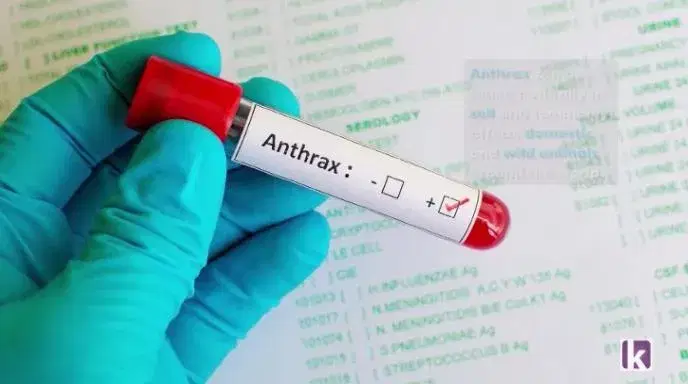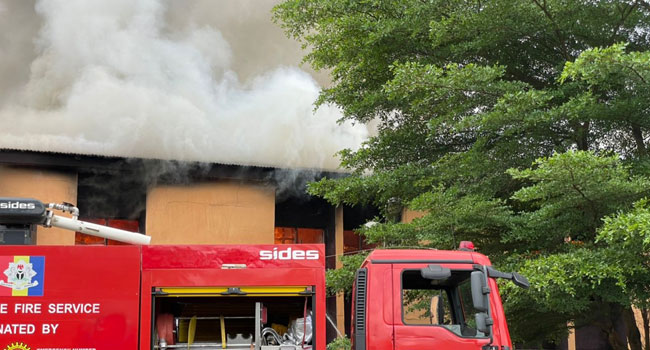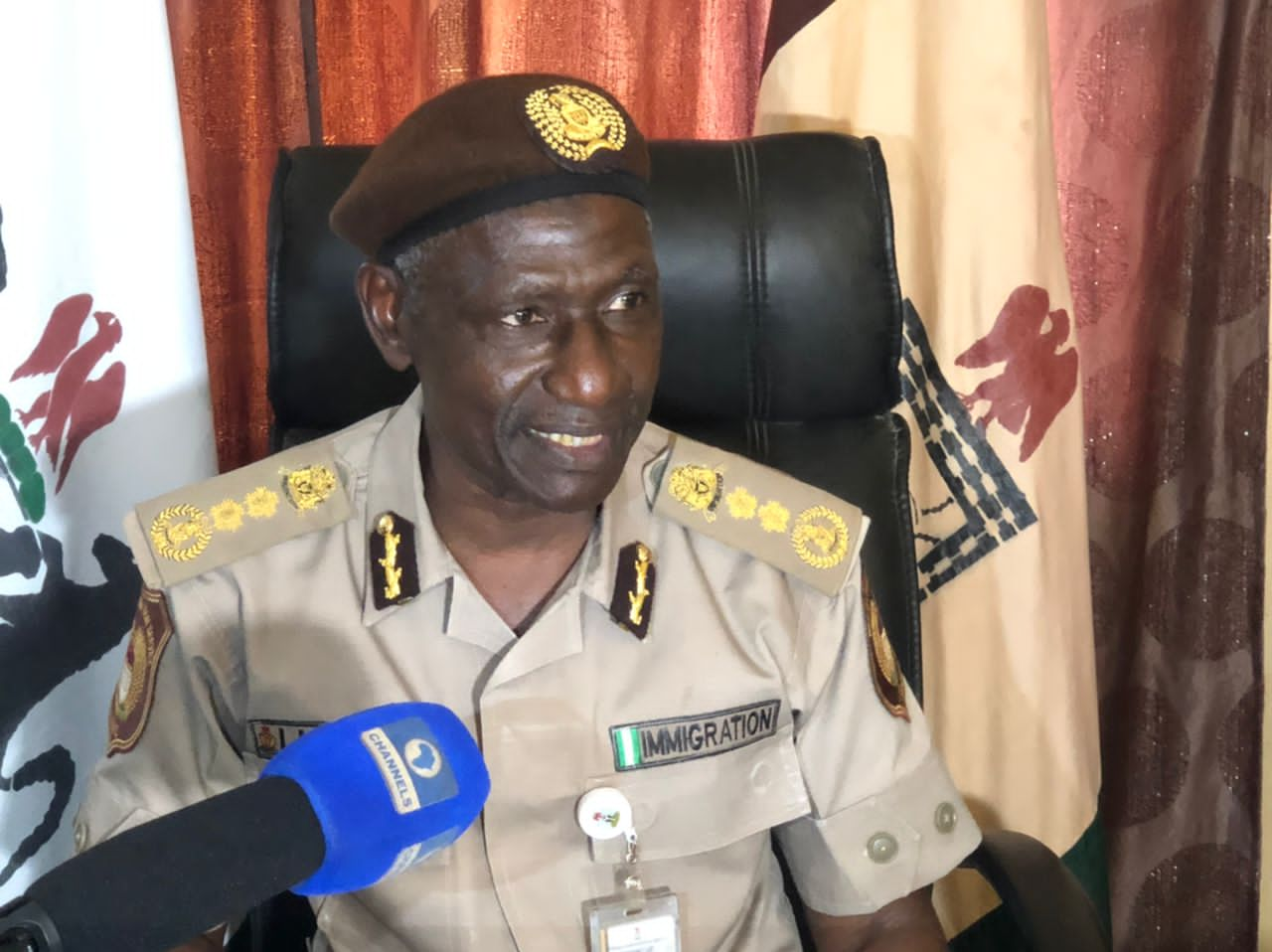The Veterinary Council of Nigeria (VCN) has sounded the alarm over a critical shortage of veterinarians, warning that the country lacks the manpower needed to contain the spread of anthrax and other livestock diseases.
The council is calling on the government to immediately recruit more veterinary professionals to prevent future outbreaks and protect public health.
This warning is coming against the backdrop of the recent confirmation by the Federal Ministry of Livestock Development of an anthrax outbreak on a farm in Zamfara State, prompting urgent calls for vigilance and preventive measures.
Speaking in Abuja on Friday at the conclusion of the 2025 VCN staff retreat, VCN Acting Registrar, Oladotun Fadipe, stressed that every local government in Nigeria needs at least two veterinarians to effectively manage animal health crises.
“Many states have only a handful of veterinarians, making it impossible to properly monitor and control livestock diseases. If we continue like this, outbreaks will become a recurring nightmare,” Fadipe warned.
He criticized the underutilization of trained veterinarians, revealing that while many professionals are available, they remain unemployed due to a lack of government action.
“If veterinarians were strategically positioned in the system, they could detect disease outbreaks before they even happen. Right now, we are constantly playing catch-up,” he added.
At the retreat, President of Farm Alert, Dr. Femi Kayode, emphasized the need for modernization in veterinary practice.
He called for the integration of Artificial Intelligence (AI) and other digital tools to improve surveillance, diagnosis, and response strategies.
“We must rethink our approach to veterinary medicine. By leveraging technology and strengthening work ethics, we can boost efficiency and productivity, even in challenging times,” Femi noted.
He stressed that livestock health is directly linked to human health, making it imperative to invest in veterinary services as a national priority.
Deputy Registrar of VCN, Dr. Helen Oputa, highlighted the importance of staff motivation and workplace efficiency. She stated that the retreat aimed to equip VCN personnel with the right mindset and tools to tackle the country’s growing animal health challenges.
“We are already seeing results. Our staff are more committed, and we hope this renewed energy will translate into better service delivery nationwide,” she said.
The Veterinary Council of Nigeria is urging the government to act swiftly by, recruiting more veterinarians to cover all 774 local government areas, Investing in veterinary infrastructure to improve disease surveillance and response and incorporating modern technology in veterinary training and practice.
With livestock diseases threatening food security and public health, experts agree that Nigeria can no longer afford to neglect veterinary services.
If urgent steps aren’t taken, the next outbreak could be even worse.



